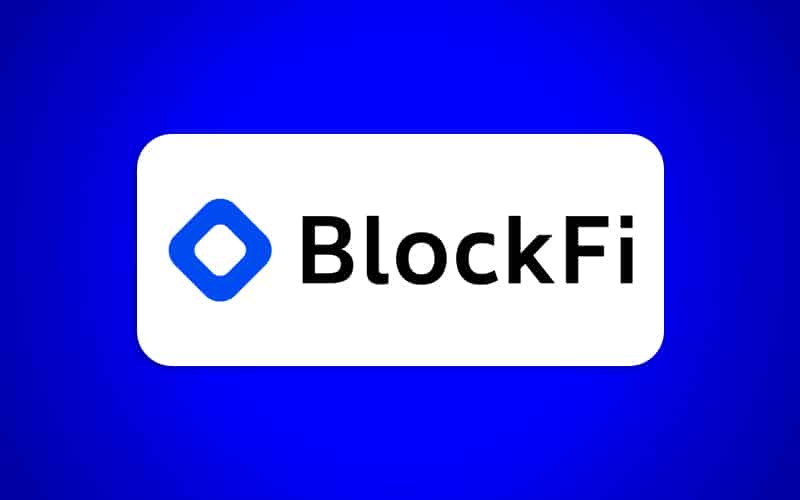FTX has filed a legal complaint accusing crypto lender BlockFi of exploiting bankruptcy rules in a proposed plan that unfairly downgrades FTX’s claims. The plan, to be discussed at a New Jersey court hearing on July 13, has also drawn opposition from hedge fund Three Arrows Capital (3AC) and the Securities and Exchange Commission (SEC).
FTX, which previously bailed out BlockFi before facing its bankruptcy, asserts that the proposed plan aims to make its claims disappear without adhering to procedural fairness.
FTX highlights significant repayments and collateral tied to a loan with its trading arm Alameda Research, as well as $1 billion in collateral pledged by Emergent Fidelity, a company established by FTX’s CEO Sam Bankman-Fried to hold shares in Robinhood. These claims represent substantial amounts at stake, leading FTX to challenge the proposed plan.
The legal filings are part of a larger effort to untangle intricate financial transactions among crypto companies that are undergoing separate bankruptcy cases in an attempt to repay customers and creditors. Meanwhile, BlockFi might also possess claims against FTX in parallel proceedings held in Delaware, which FTX’s lawyers anticipate objecting to.
Three Arrows Capital, owed over $220 million by BlockFi, protests against the lack of opportunity to contest fraud allegations. The SEC, on the other hand, finds the proposed clauses that would release BlockFi and its management overly vague and broad, echoing similar concerns voiced by Voyager, another crypto lender.
Also Read: End of the Line for BlockFi? Creditors Demand Liquidation
Due to legal delays and objections raised by the SEC, Binance.US withdrew its offer to acquire Voyager. Similarly, BlockFi’s creditors argue that the bankruptcy plan serves as a costly means to absolve executives of accountability for poor financial decisions and advocate for the company’s liquidation instead.






